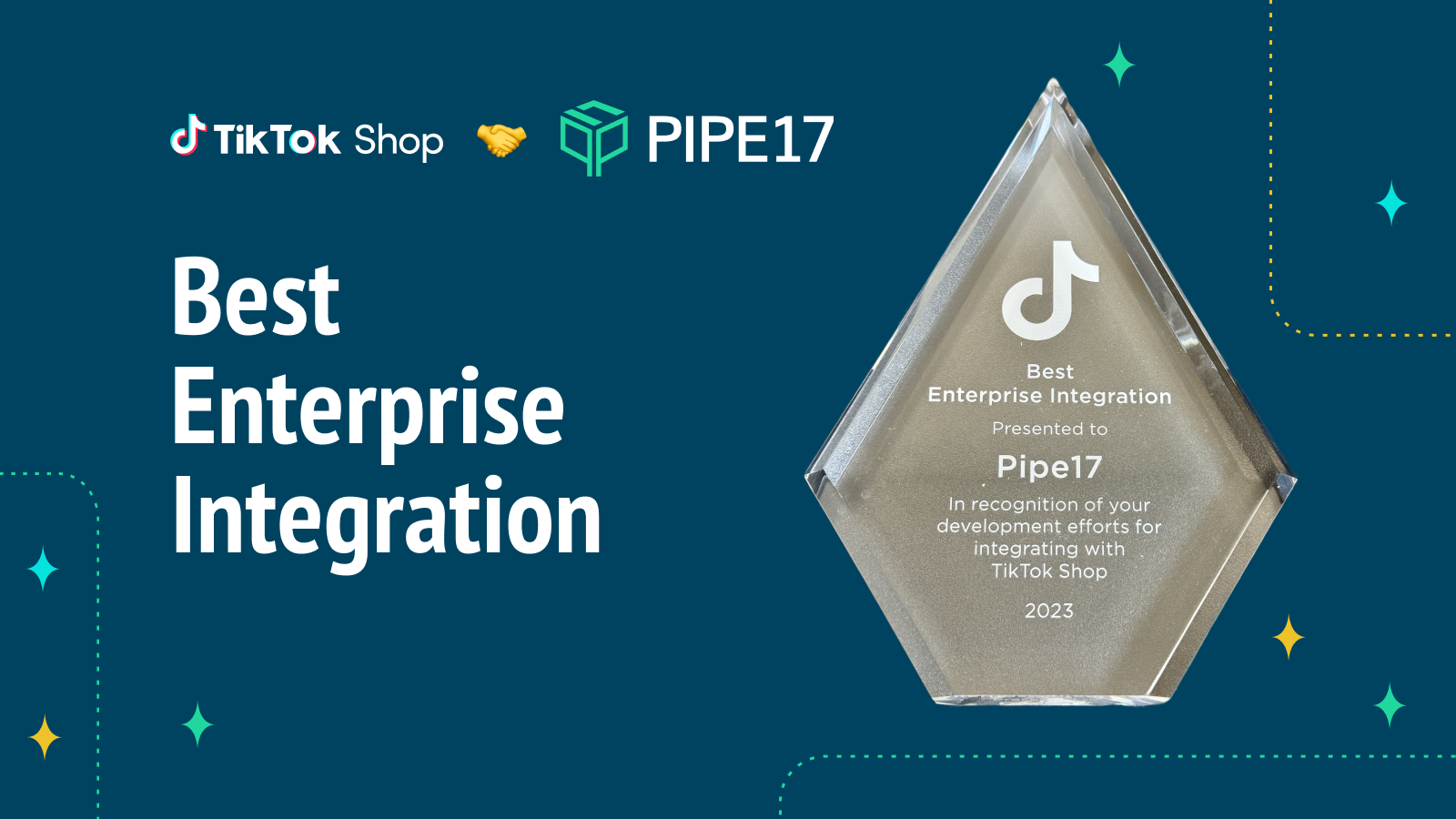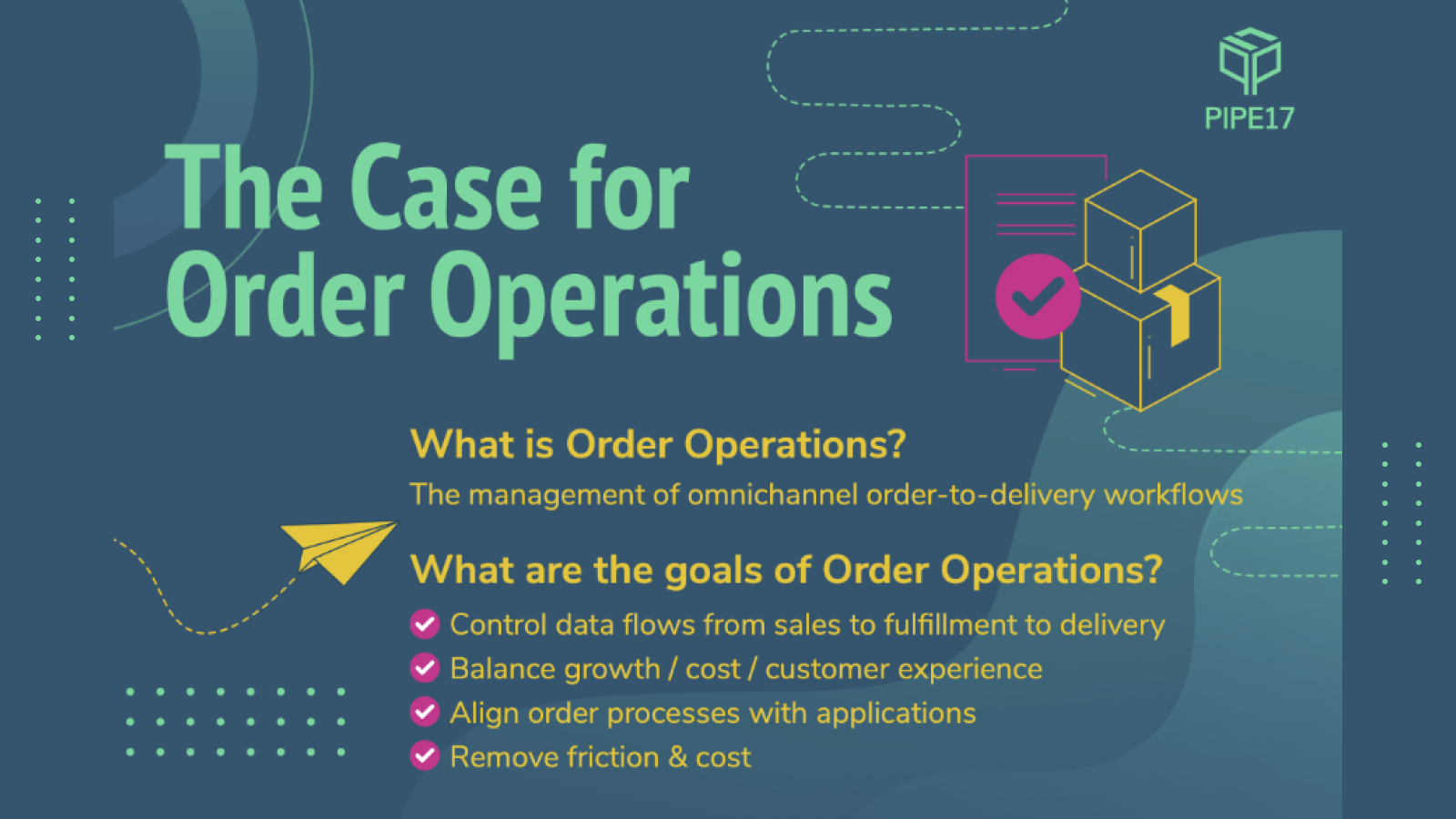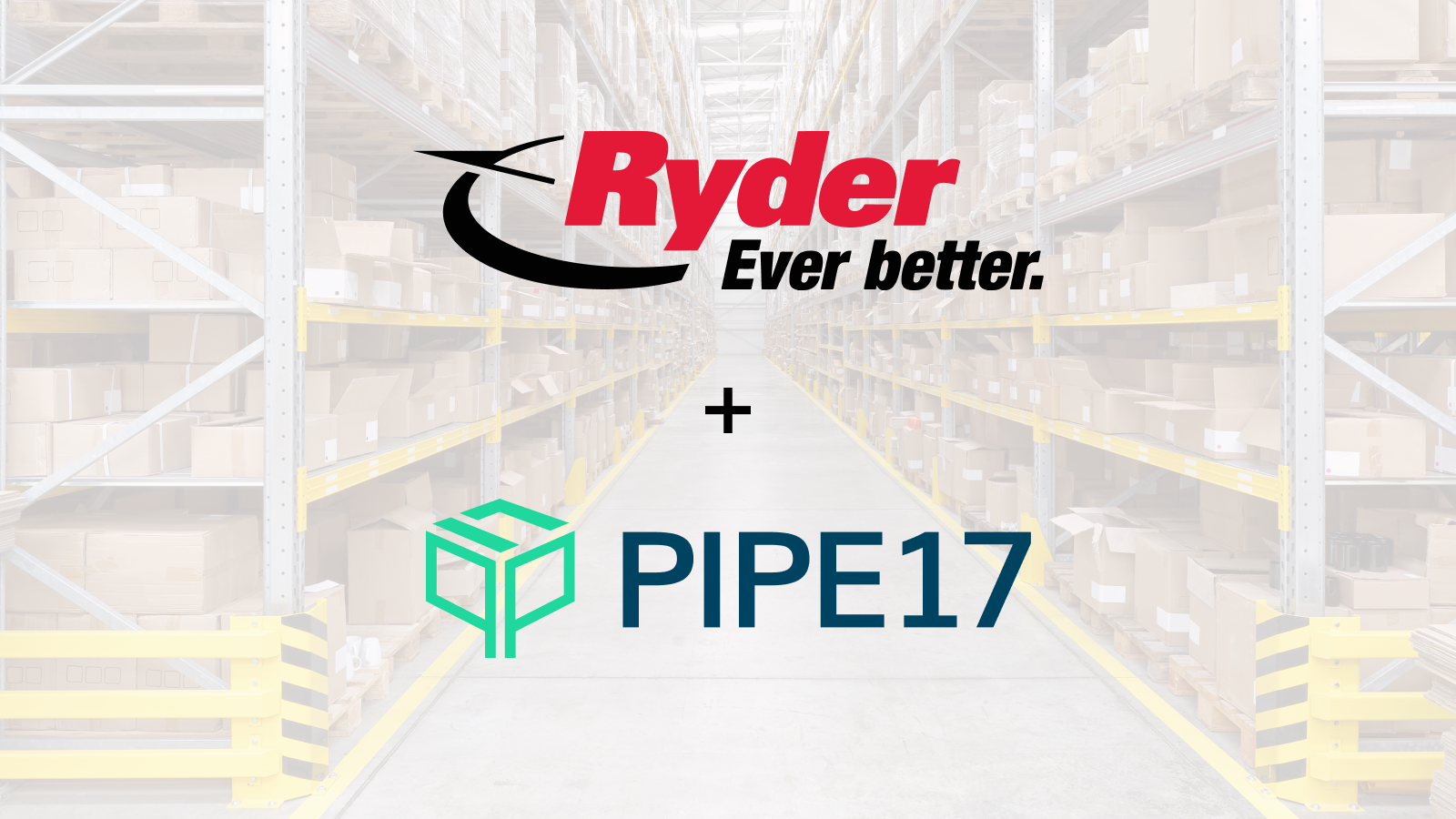At first glance, an IPaaS (Integration Platform as a Service) solution such as Dell Boomi or Celigo appears to be an ideal fit for ecommerce order operations. IPaaS has been around for more than twenty years and is a proven method for integrating applications and solving complex, “enterprise class” problems. Experienced IPaaS developers number in the many thousands, so there is always expertise available… for a price.
An IPaaS technology stack consists of connectors, business rules, maps, and transformations that orchestrate integration flows. As the name suggests, it is delivered “as a service” which means you don’t have to host application servers or data, making IT hardware support a non-issue.
Some providers sweeten the pot with promises to modernize legacy applications, enable mobile operations, integrate with social platforms, and speed up the development of custom data integration flows. In other words, the all purpose “swiss army knife” for dealing with any cross application problem.
What IPaaS Vendors Promise Merchants
At the marketing level, IPaaS appears ideally suited for the needs of ecommerce merchants. Providers claim to provide:
- Application data integration – ensuring that data is up to date and consistent across ERP, CRM, commerce platforms, and shipping providers.
- Automated workflows – reducing manual errors with process efficiencies across order fulfillment and inventory management.
- Scalability – easily adding new systems and applications as business operations grow.
- Productivity – providing a cost-effective way of integrating a large number of data sources.
- Real-time insights – quickly identifying and resolving any business issues.
Now what merchant wouldn’t want all that?!
The reality of IPaaS however, doesn’t always live up to its promises – especially for ecommerce businesses.
What IPaaS Vendors Don’t Deliver for Ecommerce
Simply put, IPaaS is a development tool used by skilled IT practitioners to solve cross application problems. It always requires some degree of programming.

Let’s look at some of the implications this reality imposes on ecommerce businesses:
The IPaaS business model relies on dedicated specialists.
IPaaS started in the world of enterprise IT, which was often called upon to connect departmental applications and needed a standardized approach that could be applied throughout the enterprise.
Over time, however, IPaaS has expanded into many markets it wasn’t initially designed for, including ecommerce. In ecommerce it is sold alongside ERP and other applications as the all purpose glue between selling, fulfillment, and back office applications.
The problem with this approach is that many brands and merchants don’t have developers on staff (or even IT departments). They rely on third-party systems integrators – aka contractors – who will come in and build a custom solution using IPaaS.
This approach leaves a giant accountability gap between the solution you paid your consultants to build and the IPaaS vendor’s capabilities they are committed to supporting. Basically you are on your own. What’s more, the symbiotic relationship between IPaaS vendors and consulting firms creates little incentive to offer more ecommerce specific capabilities. Why focus on one specific market when an IPaaS vendor can build features that can be used in every market?
IPaaS connectivity options are limited.
While IPaaS vendors claim to speed up the ecommerce data integration process with pre-built connectors, what they offer is support for the most popular ecommerce platforms and features (e.g. Amazon, Shopify, etc.) Support for other endpoints like your favorite marketplace, WMS, or 3PL (or even ShipStation) is a development project.
You will be on the hook for building your custom connectors. If you don’t have the skills on your staff, then it’s back to the third party integrator to build and maintain what you need. Certainly IPaaS provides great tools for developers in this regard, but don’t be fooled by their “low code/no code” messaging. It’s still programming!
IPaaS implementation is long and arduous.
Because of its historical roots in enterprise IT, IPaaS was designed to work with the widest range of applications possible, with ecommerce applications being just one tiny category. Your IPaaS has no understanding of ecommerce order operations; you must program that knowledge into it. This process of programming and configuring IPaaS to align with your business is known as the implementation process.
Implementations can be very challenging. They require significant management attention and can go on for many months, depending on the skill of your contractors. Projects regularly go over budget and take way longer than forecasted. Best to have an ecommerce development firm that is familiar with industry best practices in rolling out integrated fulfillment processes via IPaaS.
Change is hard with IPaaS.
In the headless commerce community, the ability to easily add or switch applications is called “composability”. It’s considered a critical capability because ecommerce businesses are both complex and very dynamic. This is doubly so in order operations, where 3PL churn is notoriously high.
However one of the greatest drawbacks with IPaaS is its inflexibility. Your IPaaS solution is initially programmed to solve a specific problem with a specific set of applications. Changing any aspect of your business, selling channels, 3PLs, or back office applications means going back to your programming team to update your IPaaS.
IPaaS has no ecommerce smarts.
As noted above, when it comes to ecommerce and order operations, an IPaaS offers no specific capabilities to help an order operation run better, faster, or cheaper, other than what’s programmed into it. There is no concept of order, inventory, product, or fulfillment in an IPaaS; it’s all just data. Want to route an order based on SKU or location? Need to remap a delivery option between Shopify and your 3PL? That will all need to be separately designed and developed (one of the reasons why projects go over cost and budget as requirements like these are often not surfaced until the project gets going).
Another example of this is in the area of error monitoring. Orders do get stuck or fail along their journey. With an iPaaS figuring out where and why requires opening up multiple applications to look around. This is because iPaaS simply pushes data from one endpoint to another. In technical terms they are not transactional systems from an ecommerce perspective.
Pipe17: a Better Alternative to IPaaS for Ecommerce
Pipe17 is an omnichannel order operations hub designed specifically for ecommerce businesses. It combines an innovative technology platform with intelligent connectors and a focus on customer success to help ecommerce businesses remove cost from their operations, grow faster, and deliver better customer experiences. The advantages of Pipe17 over IPaaS include:
- Fast setup time. One of the biggest problems with IPaaS is the need to program, map, and remap endpoints. Unlike IPaaS, Pipe17 has been purpose-built for ecommerce with built-in intelligence about orders, inventory, fulfillment, and products. Not only that, we know how each of these objects is represented in every application we connect, which makes connecting two or more applications with Pipe17 practically automatic.
- Built in order operations. Unlike IPaaS, common ecommerce order flow requirements all come built right in. You can easily configure rules and requirements for order routing, SKU and delivery mapping, bundle and kit management, split shipments, back orders, returns, and more. Pipe17 gives live ops visibility to monitor order flow traffic, with automatic alerting should a problem arise.
- No compromise on performance. Like an IPaaS, Pipe17 is a modern cloud based application that offers outstanding performance and reliability.
- Future proof. It’s easy to change or update your connections or configuration as your business grows.
All of this adds up to a lower TCO for Pipe17 when compared to IPaaS. If you’re a modern merchant seeking a better application data integration solution, we urge you to schedule a demo of Pipe17 today!






